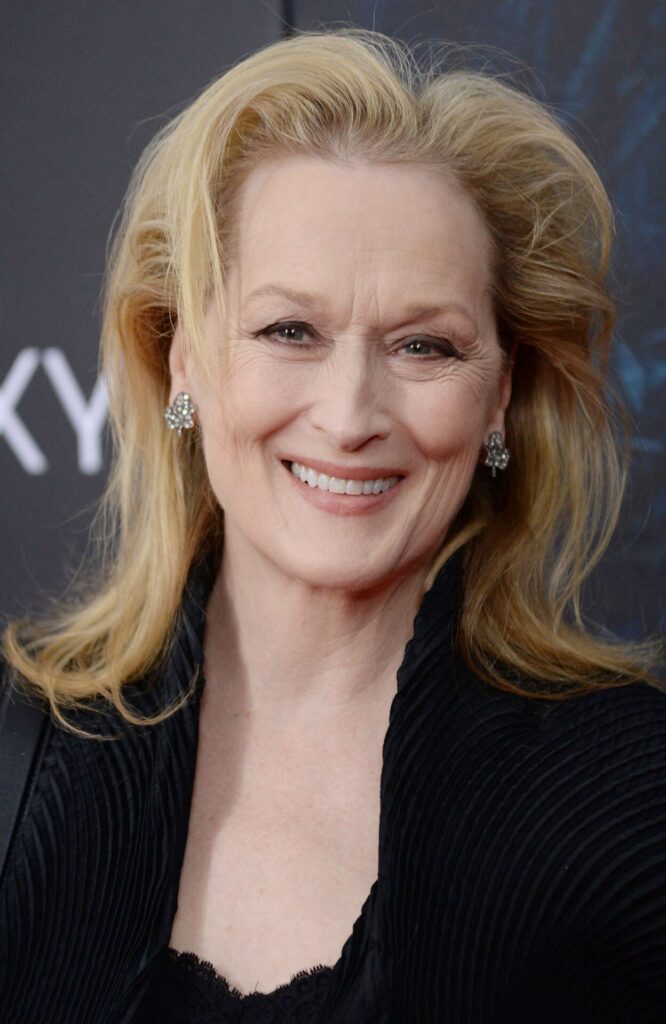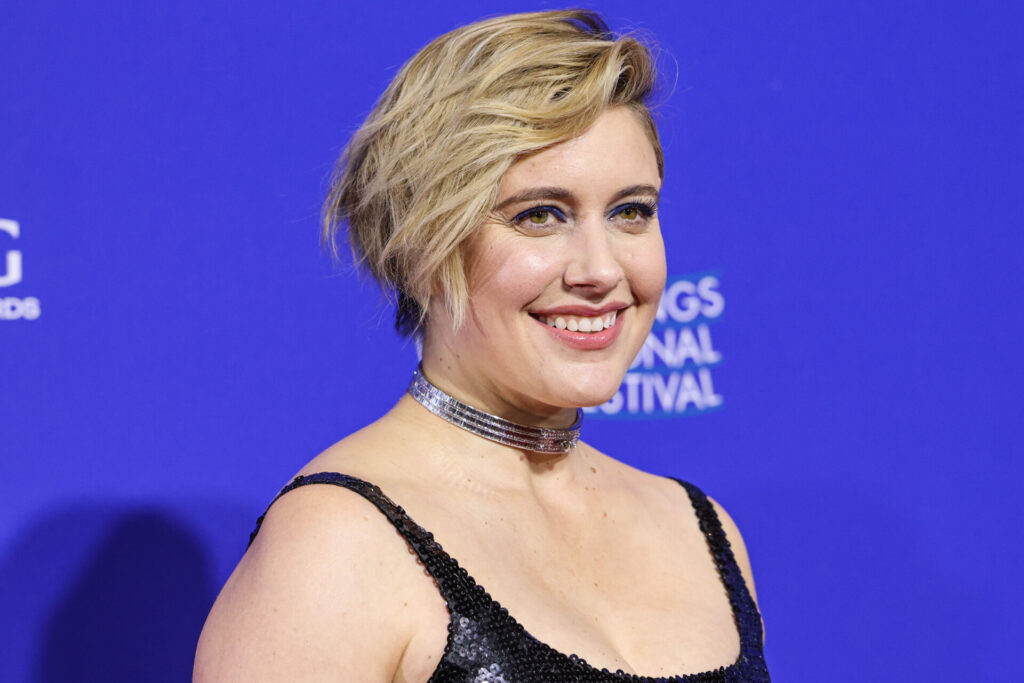Talks of Meryl Streep’s casting as Aslan the Great Lion in Greta Gerwig’s Narnia has sparked an all too familiar backlash.
In early April Deadline reported rumours of Meryl Streep in talks surrounding being cast as the voice of Aslan, the omniscient anthropomorphised lion who lords over Narnia. The article noted that Aslan is “Generally portrayed as a male” due to his character being an “allegory for Jesus”. The backlash to this article was about as predictable as a forever winter in Narnia under the White Witch’s rule, with no sign of Christmas in sight.
As we have seen countless times before, with Jodie Whittaker’s casting in Doctor Who, and rumours of a female Bond, the internet did not take to this potential casting kindly. An online debate sparked, with one user referring to this casting as “woke nonsense”, and another claiming it as an “insult to C.S. Lewis and the Narnia series”. Fans seem concerned by the possibility of their favourite childhood escape being refashioned. But does their concern come from a need to appease their inner child, or is there a deeper issue at large?
Meryl Streep is an amazing actress. But Aslan with a woman's voice would be an insult to C S Lewis and the Narnia series. https://t.co/7gx9qRgdaB
— Kerry Daly (@scragsma70) April 4, 2025
As Aslan is a deliberate allegory for Jesus, the gender-swapping of the character is a bit more complicated than any other fantasy film casting. Narnia appeals to Christian families as it is an accessible fantasy story that can educate children on the nature of Christ. It is, therefore, a divisive decision by Gerwig to discuss presenting Aslan as female, given that Aslan represents a male deity. This decision has led critics online to refer to her adaptation as “blasphemous” and “offensive”, with one male-run podcast claiming that the casting is “A feminist’s attempt to shave Aslan’s mane”.

However, the concerns from Christians online do not seem to be rooted in their respect for their Messiah, but in their misogyny. Discussion on X of Liam Neeson being “the perfect Aslan” demonstrates this quite apparently. While there was little criticism of the Jewish Nazarene being represented by either a White Irish man, or a CGI talking lion, outrage arises only once a woman is considered for the role. To these critics, the gender-swapping of Aslan would not just change his voice, but would threaten the symbolic order in which power and divinity are qualities reserved for men.
I'm not so much upset at this in itself.
— Rick Judd (@rickjudd21) April 3, 2025
I'm just mad they had the perfect Aslan in Liam Neeson the first go around and are choosing not to have him run it back.
This can similarly be seen in the online discourse surrounding Cynthia Erivo’s casting in Jesus Christ Superstar, as the role of Jesus was originally played by a man. Although the musical is rife with theological inaccuracies, Erivo’s casting was particularly controversial due to her being a proud queer black woman. Online critics seem to find more issue with Jesus being portrayed by Erivo, than by being presented as a doubtful man involved in romantic relationships, as can be seen in the musical.
The concept of gender-swapping is not a new one. George Lucas originally imagined Luke Skywalker as a female character by the name of Starkiller. The gender-swap of this protagonist came about as a result of rumoured fears of backlash in 1970s society, and the swap was well received. The contrast between the gender-swap of Starkiller and Aslan is striking. A swap from a female to male character was recommended and well-received, this is in stark contrast to the online uproar that Streep is receiving as a result of her supposed casting. This double standard exposes a deep-rooted misogyny: the belief that male characters represent a default or superior standard, while female ones are seen as downgrades, controversies, or politically-motivated statements.
Meryl Streep’s casting as Aslan

The controversy of Streep’s casting is seemingly derived from the fear of a woman taking up space in creative media, particularly space that was traditionally held by men. As Hollywood’s range of empowering female roles is limited, a rewrite may be considered the next best option for actresses. But, a gender-swapping rewrite requires an increase in female characters to be at the expense of male ones, which can strike fear into the hearts of those suffering from fragile masculinity.
While Hollywood continues to fail to create interesting and empowered female characters, the controversy of gender-swapping will endure. These casting choices, while sometimes refreshing, often feel like superficial remedies to a much deeper problem: the chronic underdevelopment and underrepresentation of women in storytelling.
Gender-swapping already established characters is seen as the ‘easy way out’ of creating developed female characters. Without a broader commitment to crafting original, fully-realised female protagonists, the discourse around gender-swapping remains stuck in a cycle of backlash and defence. Until that happens, the controversy of gender-swapping will continue to stir, and expose how rarely women are given narrative power in stories, whether that be as their own unique character or a gender-swap of an existing one. Without strong female characters, the discourse on gender-swapping will be ongoing, while the film industry attempts to make casting more equitable.
Ultimately, what’s more a more controversial way to portray the son of God: a CGI lion or a woman?
Meryl Streep’s casting as Aslan












